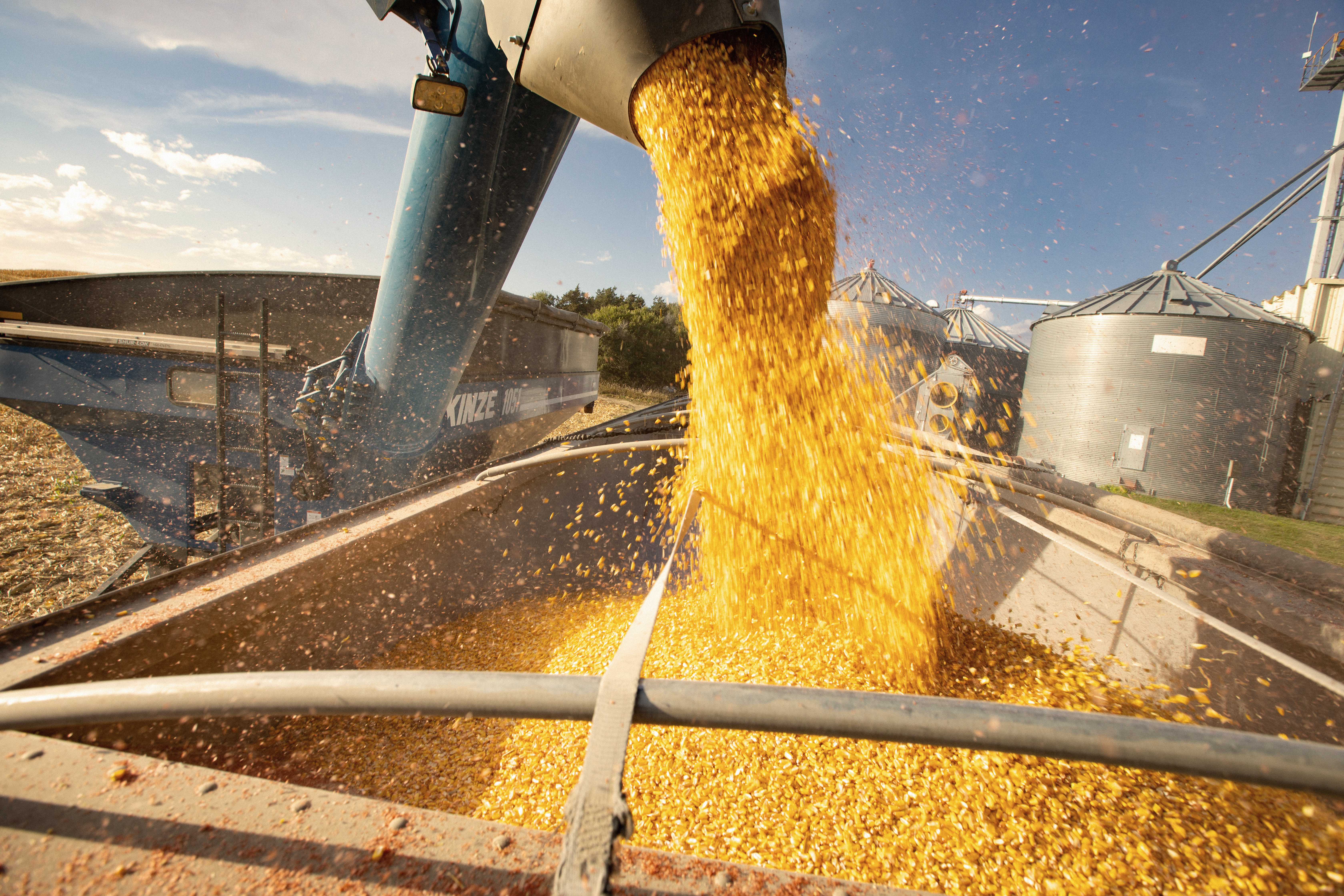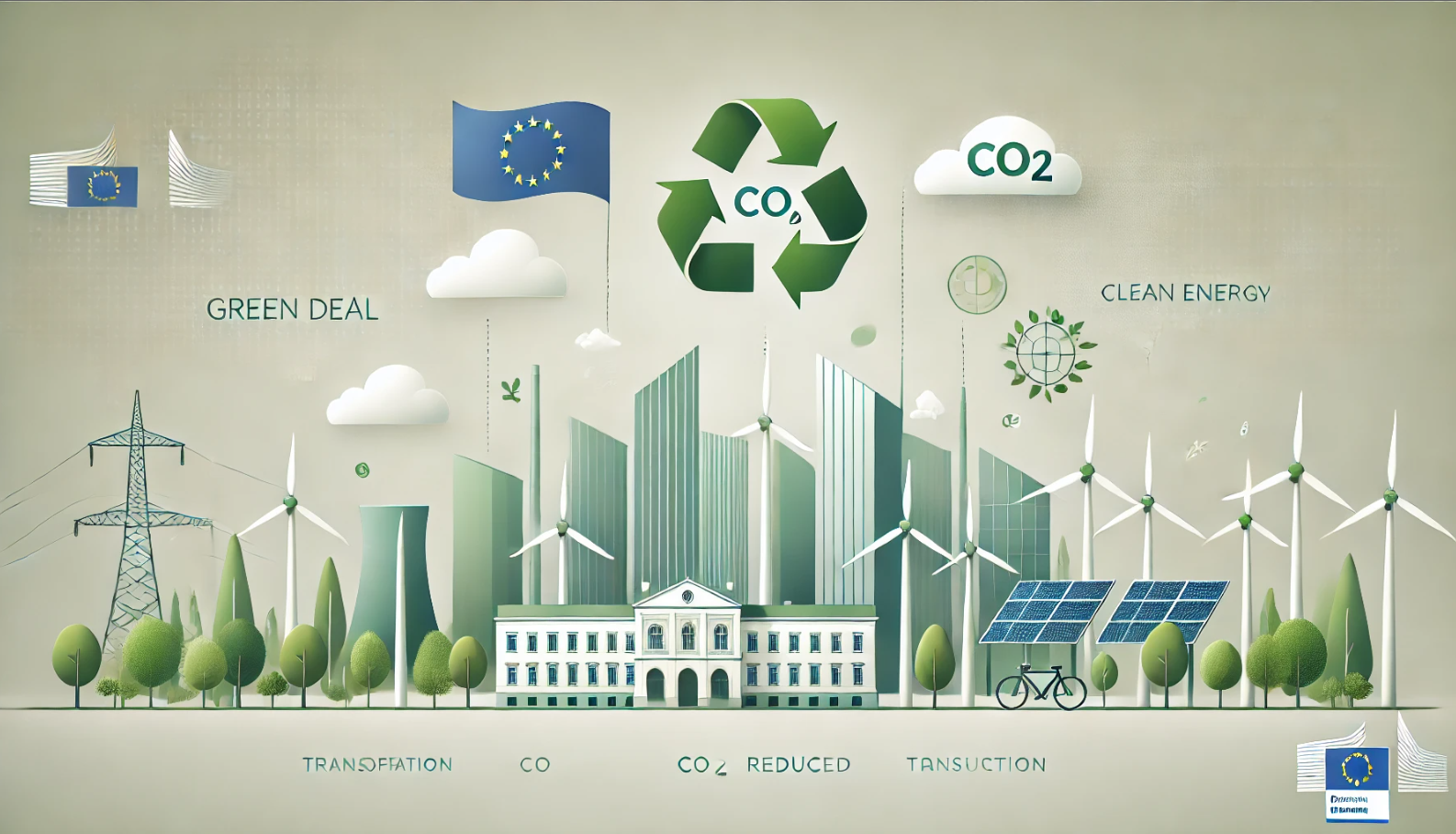The European Green Deal: A Path to Carbon Certification and Agricultural Transformation
The European Green Deal provides much-needed reason for optimism in the fight against climate change, offering a comprehensive roadmap for the EU’s transition to a sustainable future. While recent proposals for an EU-wide framework to certify carbon removals may raise some questions, they also offer an opportunity for positive change, particularly in agricultural practices.
At its core, the Green Deal embodies a bold vision of climate neutrality for European countries by 2050, driving economic growth while safeguarding the environment. This ambitious agenda encompasses a wide range of policy areas, from energy and industry to agriculture and finance, reflecting a holistic approach to addressing climate challenges.
The Carbon Removal Certification Framework
One of the most promising aspects of the Green Deal is its proposed “carbon removal” certification framework, which was agreed upon in February of this year. The framework will set rules for voluntary actors in quantifying, certifying, and trading carbon removals, carbon farming, and carbon storage within Europe. The credits produced can be used to aid countries in reaching their 2050 net zero goals. Most relevant to Agoro Carbon Alliance, the regulation includes pathways for certifying soil emission reductions and removals from improved agricultural practices. While details are still being finalized, regarding methodologies and baselines for different activities, this initiative holds immense potential for incentivizing carbon sequestration efforts and promoting sustainable practices. By emphasizing quantification, additionality, permanence, and sustainability in certifying carbon removals as high-quality demonstrated criteria, the framework lays the groundwork for meaningful progress in combating climate change.
Moreover, questions loom over the market mechanisms for certified carbon removals. While the framework hints at potential buyers, such as EU countries and perhaps regulated companies, the exact dynamics of the carbon market remain elusive. Will credits be tradable within the EU Emissions Trading System (ETS), and how will their prices compare to voluntary carbon units, will companies outside the EU be able to purchase credits? Although uncertainties remain regarding market mechanisms and international engagement, these challenges present opportunities for innovation and collaboration and could influence the EU’s role in shaping international carbon markets.
Opportunities for Stakeholders
In the face of these uncertainties, stakeholders need to remain vigilant and advocate for clear and transparent guidelines. By actively engaging with the certification framework, we can ensure that it aligns with the overarching goals of the European Green Deal and contributes to a more sustainable future for all.
Learn more about this topic on our podcast. Ag Carbon Podcast Episode 22: The EU Green Deal’s Impact on the Carbon Market.



